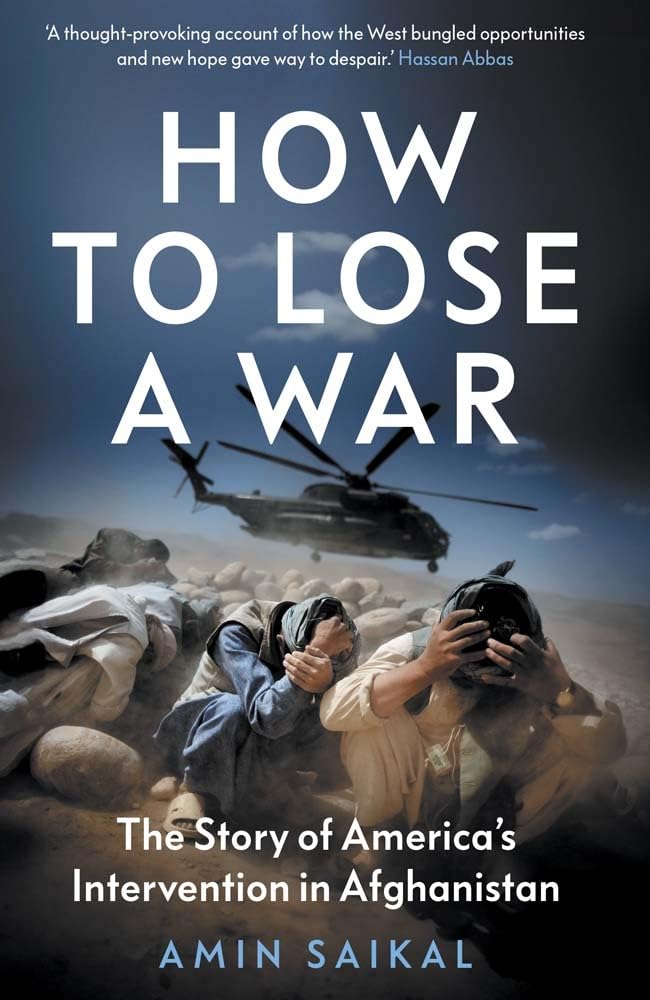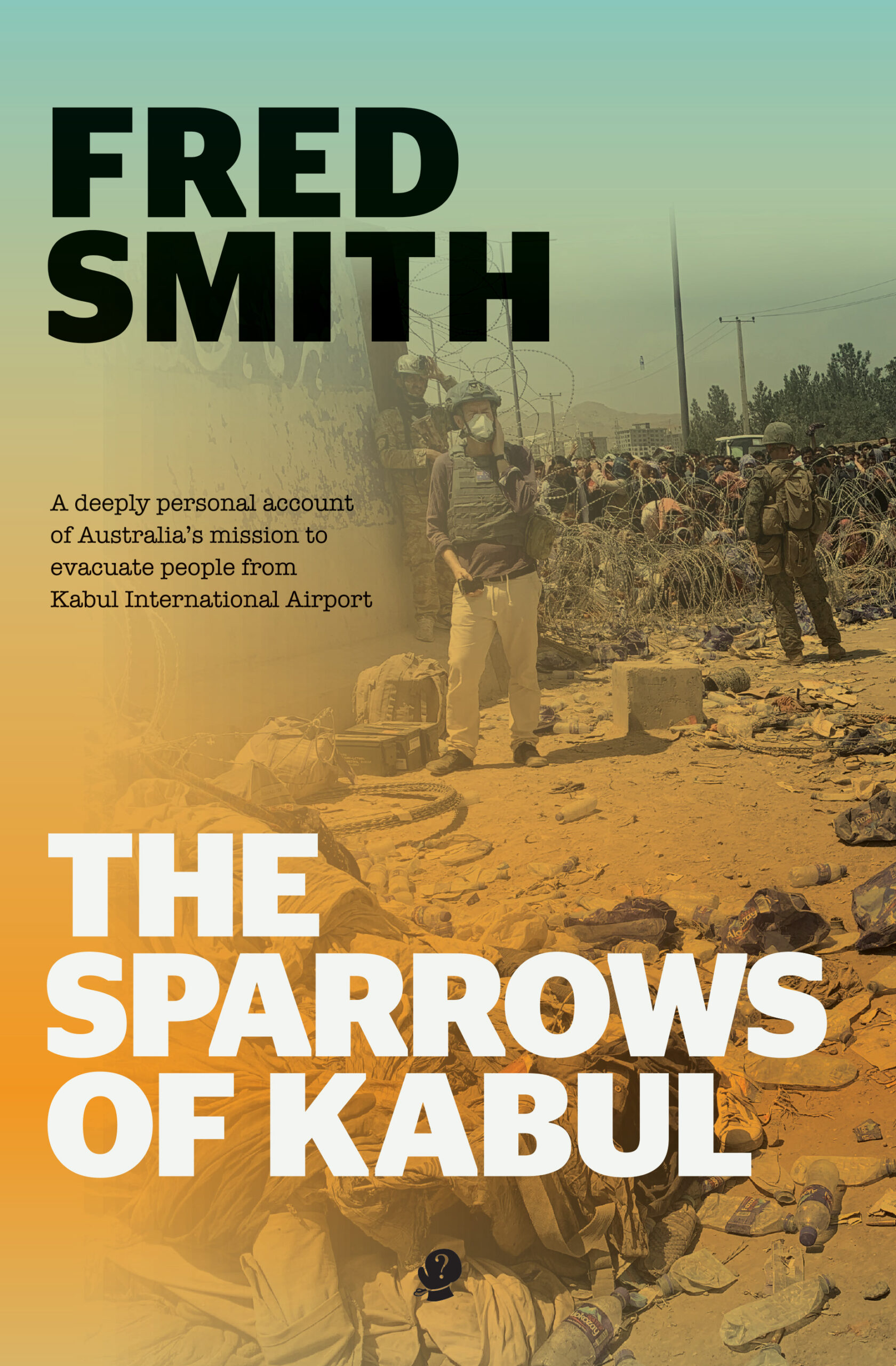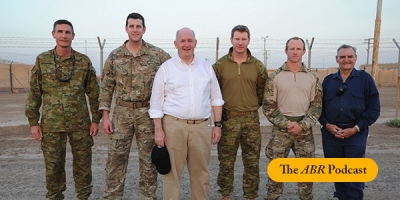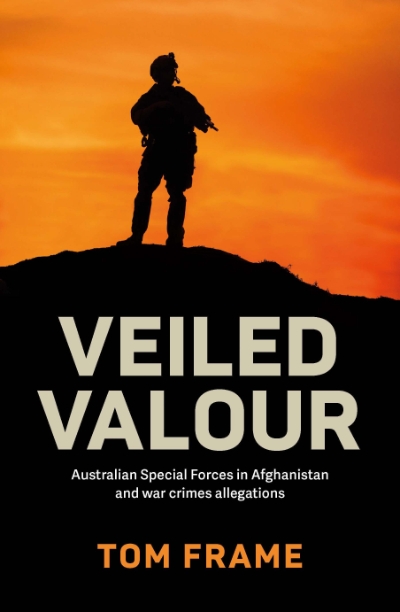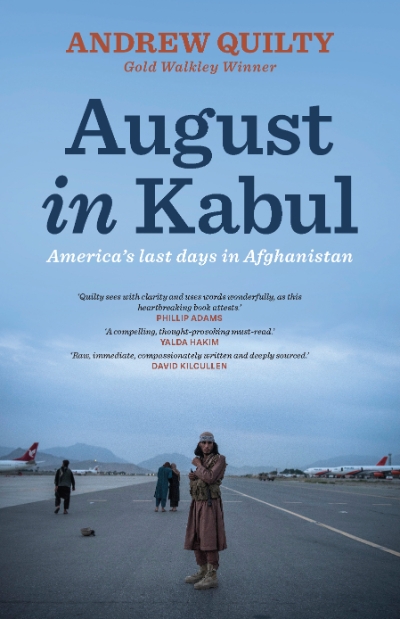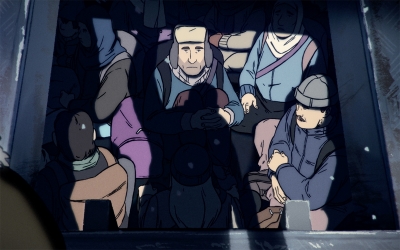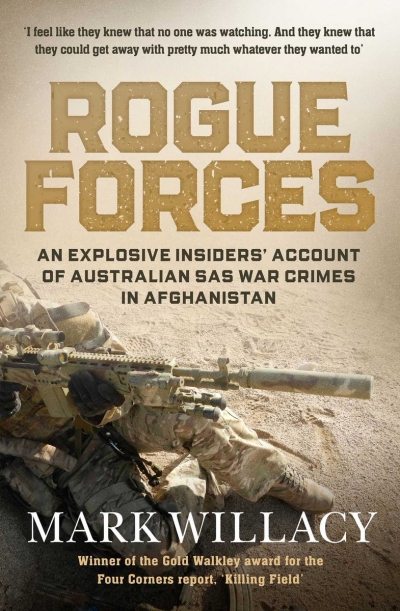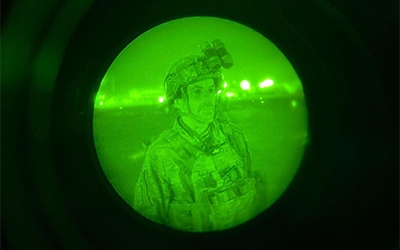Afghanistan
How to Lose a War: The story of America’s intervention in Afghanistan by Amin Saikal
On this week’s ABR Podcast, Kevin Foster reviews Crossing the Line, journalist Nick McKenzie’s account of the defamation trial, Ben Roberts-Smith versus Fairfax. Kevin Foster is Associate Professor at Monash University and the author of numerous articles and books on the Australian media’s treatment of Afghanistan. Listen to him read ‘Nick McKenzie’s bracing reportage’, published in the August issue of ABR.
... (read more)On this week’s ABR Podcast hear leading defamation scholar David Rolph discuss recent proceedings in the Federal Court relating to the reputation of Ben Roberts-Smith, a decorated soldier accused of war crimes in Afghanistan. David Rolph is a Professor of Law at Sydney University and the author of several books, including Reputation, Celebrity and Defamation Law and Defamation Law. Here is David Rolph with ‘Self-inflicted wounds: A vindication of investigative journalism’, which will appear in the July issue of ABR.
... (read more)Veiled Valour: Australian Special Forces in Afghanistan and war crimes allegations by Tom Frame
August in Kabul: America’s last days in Afghanistan by Andrew Quilty
A teenager’s arduous journey from a Taliban-occupied Afghanistan in 1989 to the safe haven of Denmark is given a uniquely painterly treatment in Flee. Far from diminishing the story’s impact, this animated documentary is all the more profound for the insidious way the visuals undermine our defences.
Danish filmmaker Jonas Poher Rasmussen became friends with Amin soon after the Afghan refugee arrived in Denmark as an unaccompanied minor. Despite a friendship that has lasted twenty-five years, Amin had never told Jonas the full story of the harrowing experiences that led to his eventual asylum. He hadn’t told anyone. Through the course of Poher Rasmussen’s film, we find out why.
... (read more)Rogue Forces: An explosive insiders’ account of Australian SAS war crimes in Afghanistan by Mark Willacy
When the last C-17 cargo plane left the Hamid Karzai International Airport on 30 August with the remaining US soldiers and diplomats, America’s longest war officially came to a close. The swift return of the Taliban was a deeply distressing and tragic end to a war whose close, nevertheless, came partly as a relief. The inevitable question as to what lessons America – more particularly, its military and federal government – has learnt or should learn was followed by substantial criticism of President Joe Biden’s handling of the withdrawal and dire predictions for the future of American power and prestige abroad. The process of confronting uncomfortable realities and debating the meaning of such an event is both natural and necessary, yet the history of previous American conflicts overseas tells us that the period of actual reckoning will be brief and few lessons may be learnt.
... (read more)
